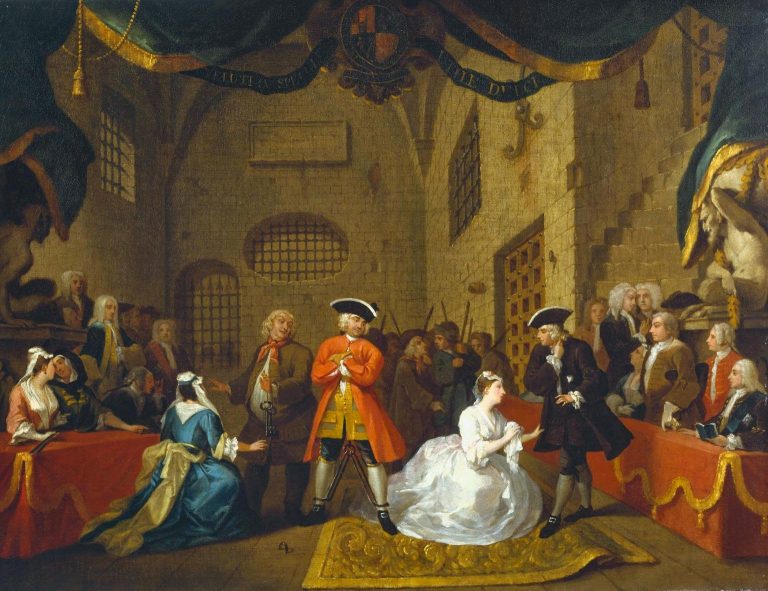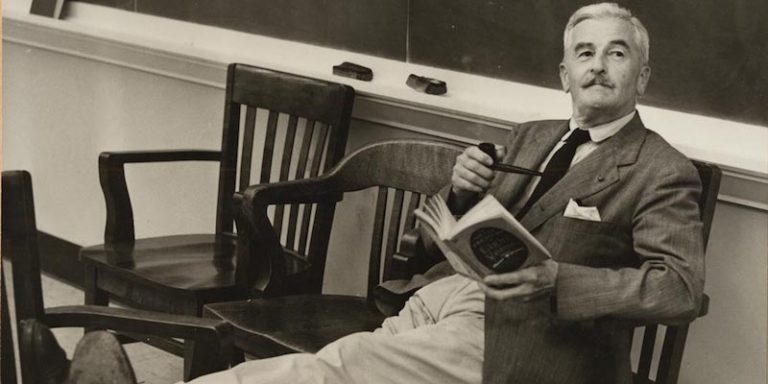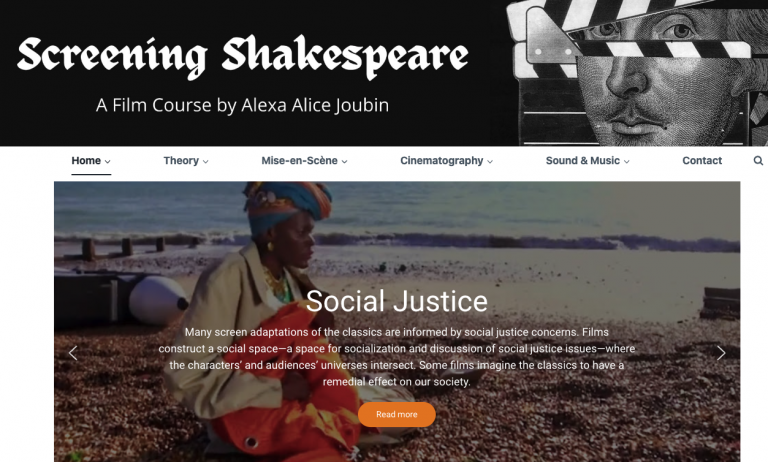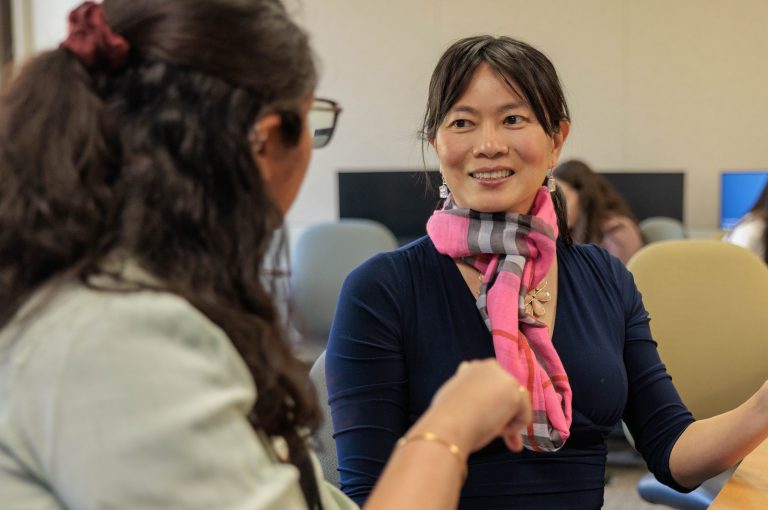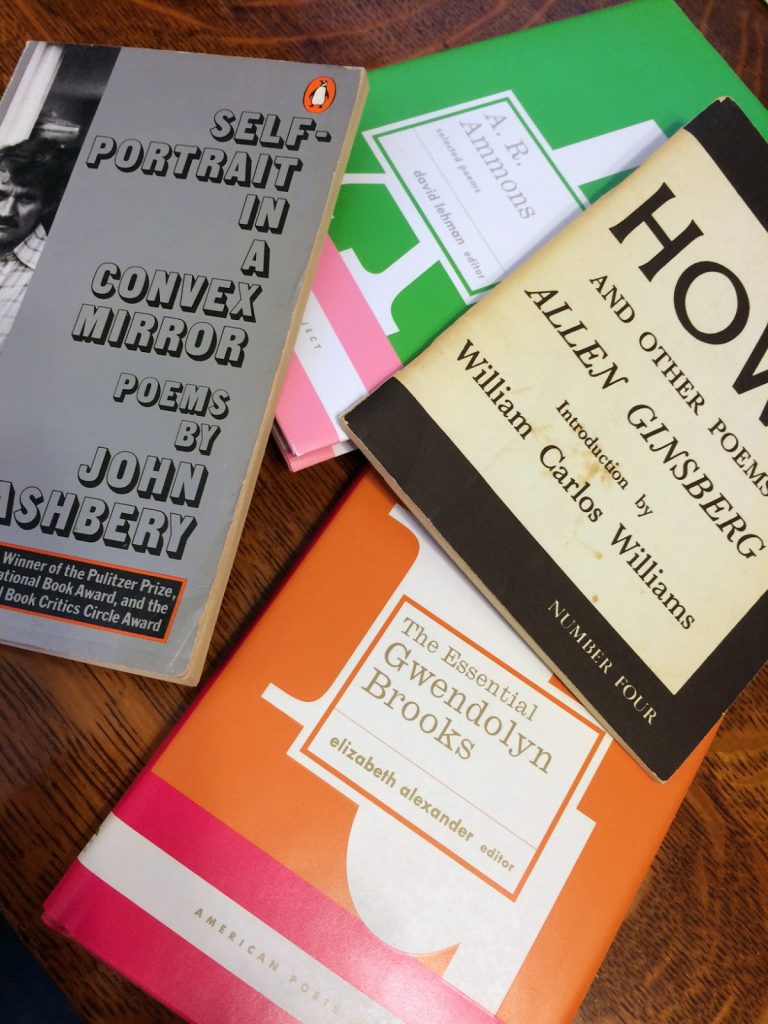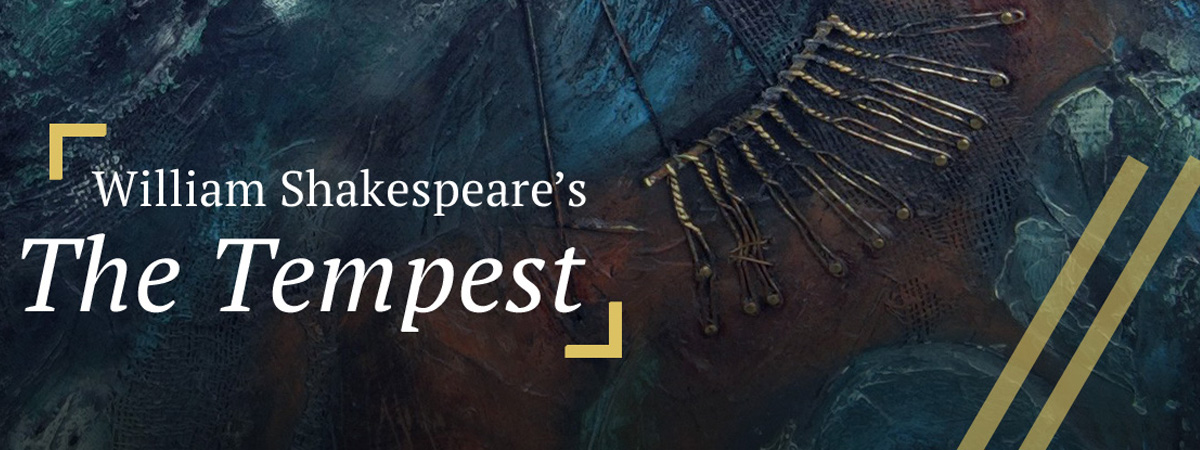
With the Republican debates taking up most of media’s attention in the month of November, it seems fitting that GW should have its own debate—only, this one wasn’t political. Students from both Prof. Holly Dugan’s and Alexa Alice Joubin’s Shakespeare classes took to the stage in a debate concerning the protagonist of The Tempest—the topic was: “Resolved that Prospero genuinely pardons his foes and is a model of true forgiveness and reconciliation.” Does he truly forgive his enemies or is it all an act? Four students from each class formed arguments complete with opening statements, rebuttals, and closing remarks.
I entered the event with my own opinion, which was that Prospero was certainly no model for forgiveness. I must admit, however, that the negative team had an advantage in the wording of the prompt: can a debator argue that any person, not only Prospero, is a model of “true” forgiveness? As the negative team pointed out, that would be like arguing that Prospero is Christlike; even on the cross, Jesus pardoned his enemies. It was this tricky word “true” that the negative team utilized in order to formulate their arugment.
I knew the debate would get heated among the participants, but I didn’t expect to feel so excited just as an audience member. The argument quickly transformed from animated to passionate and then to fiery. Members of the opposing teams talked over each other, threw out sassy rebuttals and even waved fingers in the air to punctuate their speeches. While this sort of frenzy might not be acceptable for the GW Mock Trial team, state courtrooms, or the Republican presidential candidates, it made for a surprisingly exciting debate on The Tempest. I didn’t expect to enjoy the debate as much as I did. The debators’ energy clearly showed that Shakespeare’s plays were not written for only 16th century audiences—his themes are timeless. Revenge and forgiveness are topics for debate that will endure as long as humans (and politcal campaigns) do.
Graduate Teaching Assistant Molly Lewis for Prof. Joubin’s class was also impressed by both teams’ performance. She wrote:
“The impassioned debaters were allowed an opening and an additional statement (both followed by cross examinations by the opposing team), as well as a rebuttal at the end of the debate. These vibrant “back and forth”s elicited strong reactions from their audience members, who eventually had to vote for which debate team they agreed with. In the end, though, many actually abstained from voting, a true testament to how well both debate teams performed.”
– Tori Kerr

